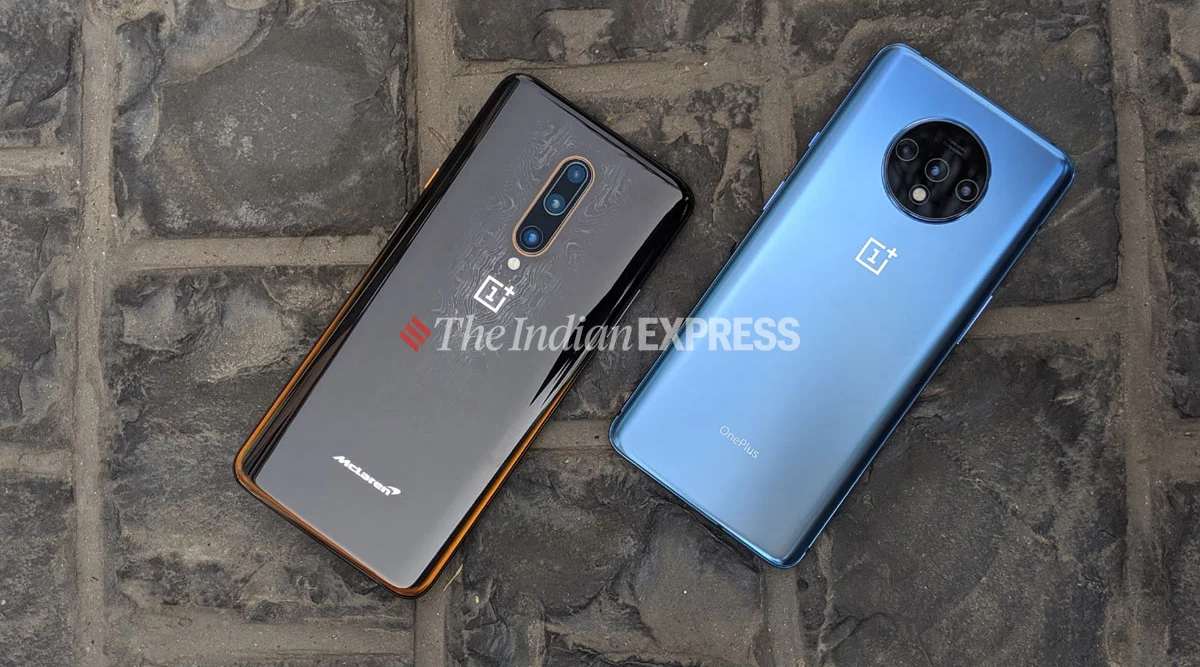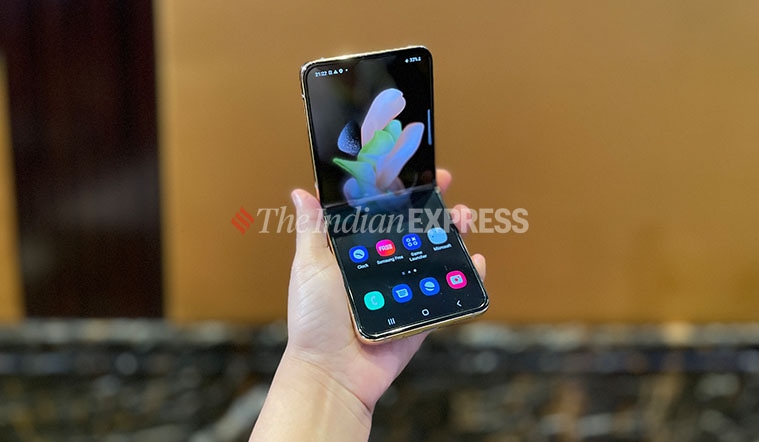For the longest time, Google had the sole power to set the rules on how it wanted to operate Android in India, the world’s second-largest smartphone market. Not just users, but even app developers had to stick to Google’s rulebook. This week everything changed. After facing a major setback in India’s Supreme Court to block an antitrust order last week, Google on Wednesday made changes to its rules for the Android platform in India. These sweeping changes are the result of how New Delhi is slowly holding platforms like Google to account for the kind of dominance they exert in the tech space.
Here are four major ways in which Android will change in India.

Freedom to choose the default search engine on Android phones
Google will now prompt Android owners in India to choose their own search engine while setting up a new smartphone. At the moment, users can opt for a different search engine on Android but they have to search for the option from within the settings menu.
The new option will allow everyone to use the search engine of their choices like Bing or DuckDuckGo when they set up the device. Google introduced similar changes in Europe following an antitrust decision by the European Commission. At that time, Google had said that those search engines that want to be listed need to meet the eligibility criteria for participating in the choice screen.
But in India’s case, Google hasn’t said whether it will open the ground for rival search engines as it did in Europe. This is crucial, because India does not have competitors to Google, unlike many smaller players like Ecosia and Qwant in Europe.
 Google says it will let smartphone makers “license individual Google apps” to preinstall on their devices as well as “introduce changes for partners to build non-compatible or forked variants.” (Image credit: Shruti Dhapola/Indian Express)
Google says it will let smartphone makers “license individual Google apps” to preinstall on their devices as well as “introduce changes for partners to build non-compatible or forked variants.” (Image credit: Shruti Dhapola/Indian Express)
Extended support for forked operating system variants
Smartphone manufacturers will now have the option to build approved, forked versions of Android — a big change that could lead to more competition in the mobile operating system market. This move clears the path for BharOS, the locally developed mobile operating system by a startup incubated at government-owned IIT-Madras, to thrive alongside Google’s Android OS.
Google has been criticised in the past for restricting Android forks. In 2021, Google was fined 207.4 billion Won (around $177 million) in South Korea for stopping phone makers from using modified versions of Android. The Korea Fair Trade Commission (KFTC) had accused Google of signing anti-fragmentation agreements (AFA) with manufacturers, which prevented them from making changes to the operating system.
Story continues below this ad
Even though Android is an open-source OS, if a phone maker signs an AFA, it has to abide by Google’s rules. This way a manufacturer like Samsung can’t offer a forked version of Android, even if they want to offer it in non-Galaxy smartphone series.
https://platform.twitter.com/widgets.js
Smartphone makers can now license individual Google apps
Although it doesn’t affect consumers much, phone manufacturers in India will now be able to license Google apps on an individual basis. This is a major departure from the company’s policy of opting for Google Mobile Services (GMS), a license to install Gmail, Google Maps and the Google Play store in a smartphone sold in the country. Google says it will let smartphone makers “license individual Google apps” to preinstall on their devices.
If Xiaomi wants to launch a super affordable smartphone, it can ship the device with just the Google Search app, thus helping bring down the cost of the handset. This could allow companies to launch Android smartphones priced under Rs 3,000 which wasn’t possible before due to the added cost of GMS, opening a new market for ultra-affordable phones in India.
These new rules might also encourage local players to get into the smartphone business again and offer devices at dirt-cheap prices. Google will still benefit – after all, it will still get a license fee from manufacturers to use its mobile services. And since every Google service is designed around its search, Google has nothing to lose.
Story continues below this ad
Side loading of apps and third-party billing
Installation of apps from sources other than the Google Play Store has always been available on the Android platform. But now, users will be able to automatically update apps that have been sideloaded, and third-party app stores will be able to issue automatic app updates in the same way that the Play Store currently does.
Google, however, warns that users will first have to acknowledge the security risks of allowing third-party sources to install updates automatically before enabling the feature.
Google is also letting users in India be able to choose a billing system other than Google Play when making in-app purchases, which could benefit app and game developers who will get a larger share of their profits. Last year, Google had announced a pilot that would allow Spotify to bypass the standard Google Play billing on Android in favor of their own payment systems for which Google will still charge a service fee.



 Google says it will let smartphone makers “license individual Google apps” to preinstall on their devices as well as “introduce changes for partners to build non-compatible or forked variants.” (Image credit: Shruti Dhapola/Indian Express)
Google says it will let smartphone makers “license individual Google apps” to preinstall on their devices as well as “introduce changes for partners to build non-compatible or forked variants.” (Image credit: Shruti Dhapola/Indian Express)





